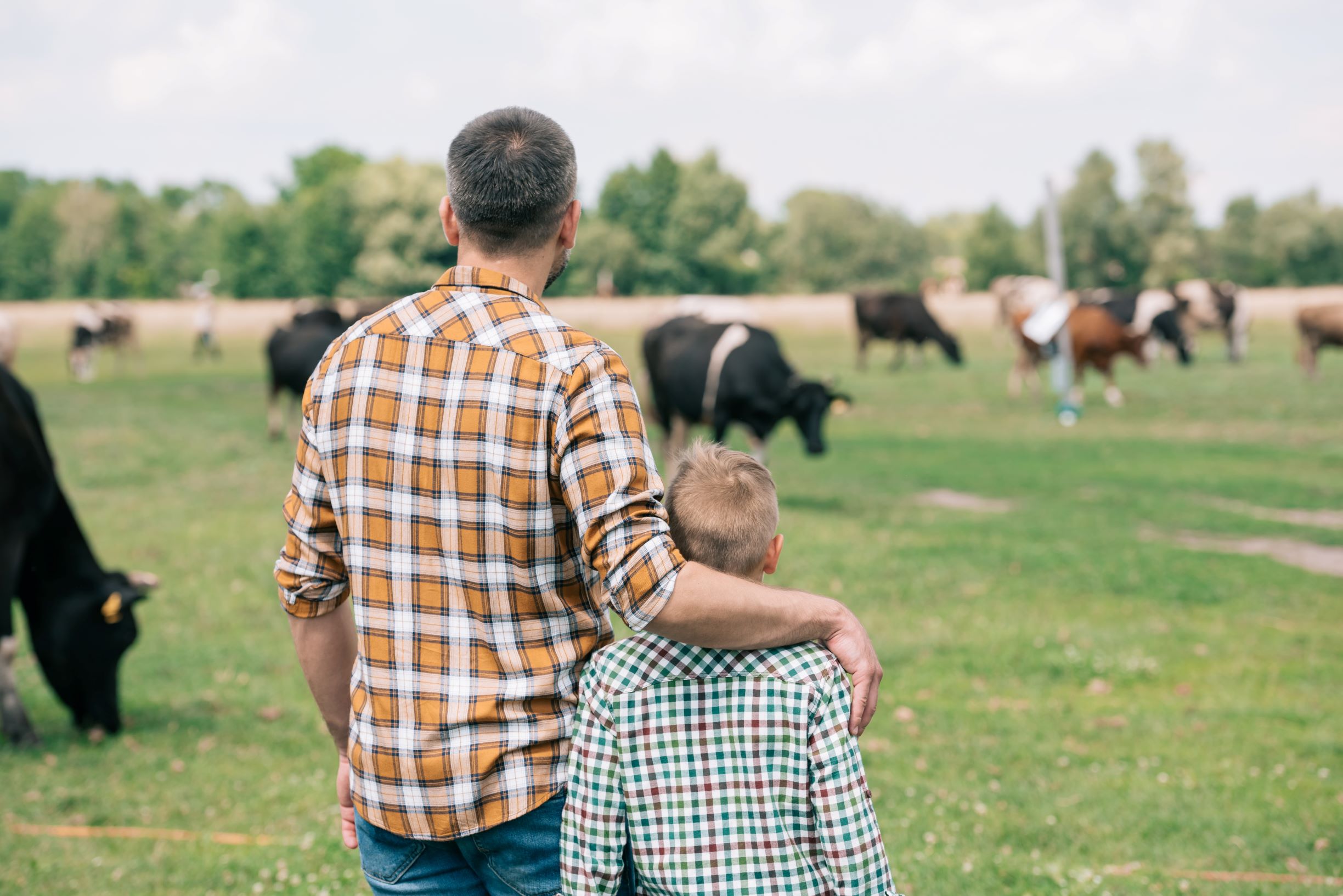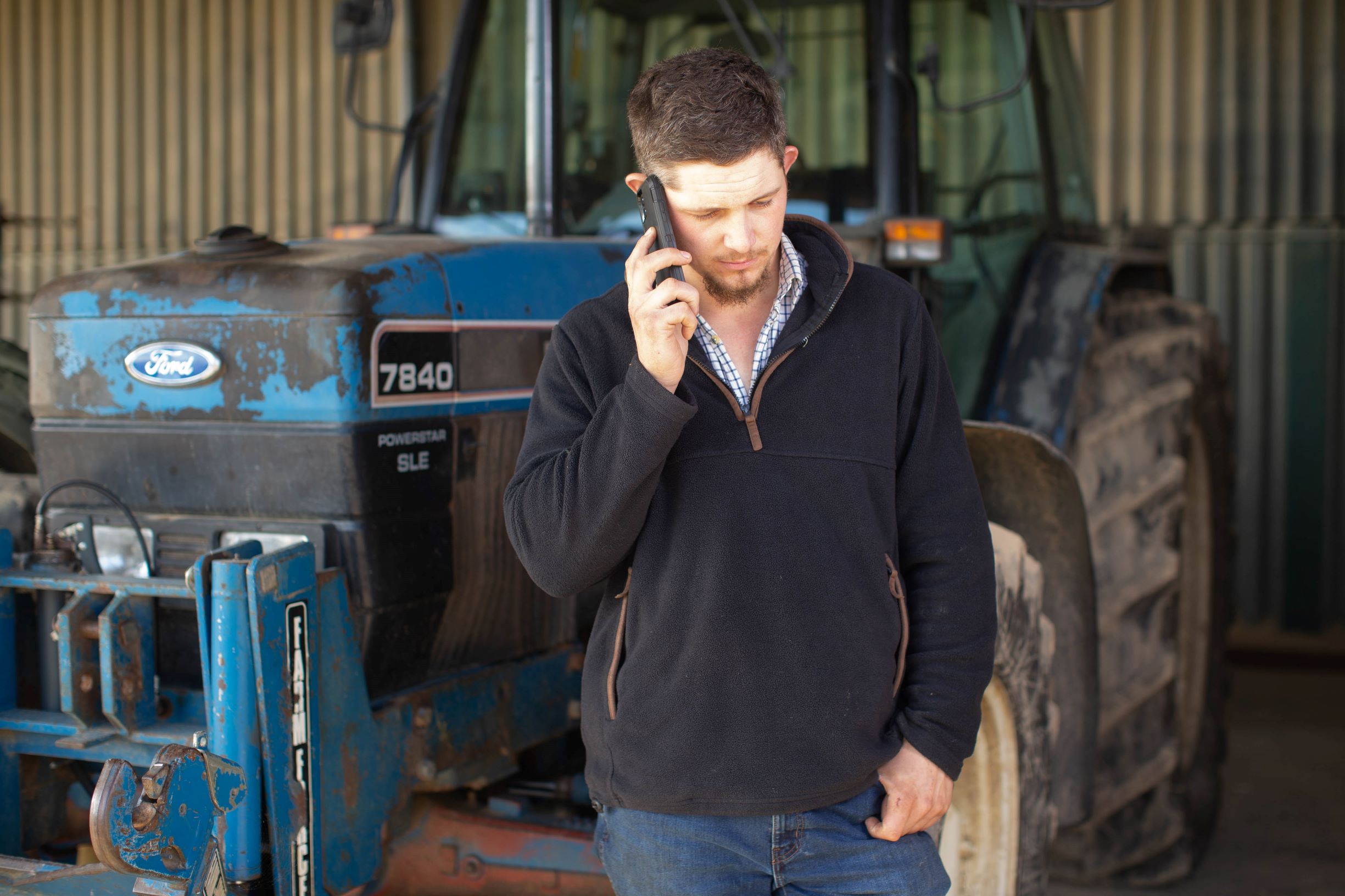



USDA greenlights additional pandemic aid for farmers who suffered animal losses
Livestock and poultry producers who could not take slaughter-ready animals to processing plants due to COVID-19 can apply for financial assistance from the USDA and Farm Service Agency from 20 July.
Livestock and poultry producers who suffered losses during the pandemic due to insufficient access to processing can apply for assistance for those losses and the cost of depopulation and disposal of the animals.
The US Department of Agriculture (USDA) Secretary Vilsack announced the Pandemic Livestock Indemnity Program (PLIP) in [recorded] remarks at the National Pork Industry Conference in Wisconsin Dells, WI. The announcement is part of USDA’s Pandemic Assistance for Producers initiative. Livestock and poultry producers can apply for assistance through USDA’s Farm Service Agency (FSA) 20 July through 17 September 2021.
The Consolidated Appropriations Act, 2021, authorized payments to producers for losses of livestock or poultry depopulated from 1 March 2020 through 26 December 2020, due to insufficient processing access as a result of the pandemic. PLIP payments will be based on 80% of the fair market value of the livestock and poultry and for the cost of depopulation and disposal of the animal. Eligible livestock and poultry include swine, chickens and turkeys, but pork producers are expected to be the primary recipients of the assistance.
“Throughout the pandemic, we learned very quickly the importance and vulnerability of the supply chain to our food supply,” said Agriculture Secretary Vilsack. “Many livestock producers had to make the unfortunate decision to depopulate their livestock inventory when there simply was no other option. This targeted assistance will help livestock and poultry producers that were among the hardest hit by the pandemic alleviate some financial burden from these losses.”

Additional assistance planned
The previous administration proposed pandemic assistance using flat rates across the industry, which does not take into account the different levels of harm felt by different producers. Pork industry supported analysis projected that disruptions in processing capacity in the pork supply chain create a situation with small hog producers and especially those that sell on the spot market or negotiate prices, bear a disproportionate share of losses.
USDA has examined the difference between the negotiated prices for hogs and the five-year average and documented a significant drop during April through September of 2020 due to the pandemic. USDA has set aside up to $50 million in pandemic assistance funds to provide additional assistance for small hog producers that use the spot market or negotiate prices. Details on the additional targeted assistance are expected to be available this summer.
PLIP program details
Eligible livestock must have been depopulated from 1 March 2020 through 26 December 2020, due to insufficient processing access as a result of the pandemic. Livestock must have been physically located in the US or a territory of the US at the time of depopulation.
Eligible livestock owners include persons or legal entities who, as of the day the eligible livestock was depopulated, had legal ownership of the livestock. Packers, live poultry dealers and contract growers are not eligible for PLIP.

PLIP payments compensate participants for 80% of both the loss of the eligible livestock or poultry and for the cost of depopulation and disposal based on a single payment rate per head. PLIP payments will be calculated by multiplying the number of head of eligible livestock or poultry by the payment rate per head, and then subtracting the amount of any payments the eligible livestock or poultry owner has received for disposal of the livestock or poultry under the Natural Resources Conservation Service (NRCS) Environmental Quality Incentives Program (EQIP) or a state program. The payments will also be reduced by any Coronavirus Food Assistance Program (CFAP 1 and 2) payments paid on the same inventory of swine that were depopulated.
There is no per person or legal entity payment limitation on PLIP payments. To be eligible for payments, a person or legal entity must have an average adjusted gross income (AGI) of less than $900,000 for tax years 2016, 2017 and 2018.
Applying for assistance
Eligible livestock and poultry producers can apply for PLIP starting 20 July 2021, by completing the FSA-620, Pandemic Livestock Indemnity Program application, and submitting it to any FSA county office. Additional documentation may be required. Click here for a copy of the Notice of Funding Availability and more information on how to apply.
Applications can be submitted to the FSA office at any USDA Service Center nationwide by mail, fax, hand delivery or via electronic means. Click here to find your local FSA office. Livestock and poultry producers can also call 877-508-8364 to speak directly with a USDA employee ready to offer assistance.
As USDA looks to long-term solutions to build back a better food system, the Department is committed to delivering financial assistance to farmers, ranchers, and agricultural producers and businesses who have been impacted by COVID-19 market disruptions. Since USDA rolled out the Pandemic Assistance initiative in March, the Department has announced over $7 billion in assistance to producers and agriculture entities. Click here to read more details.
TheCattleSite News Desk



